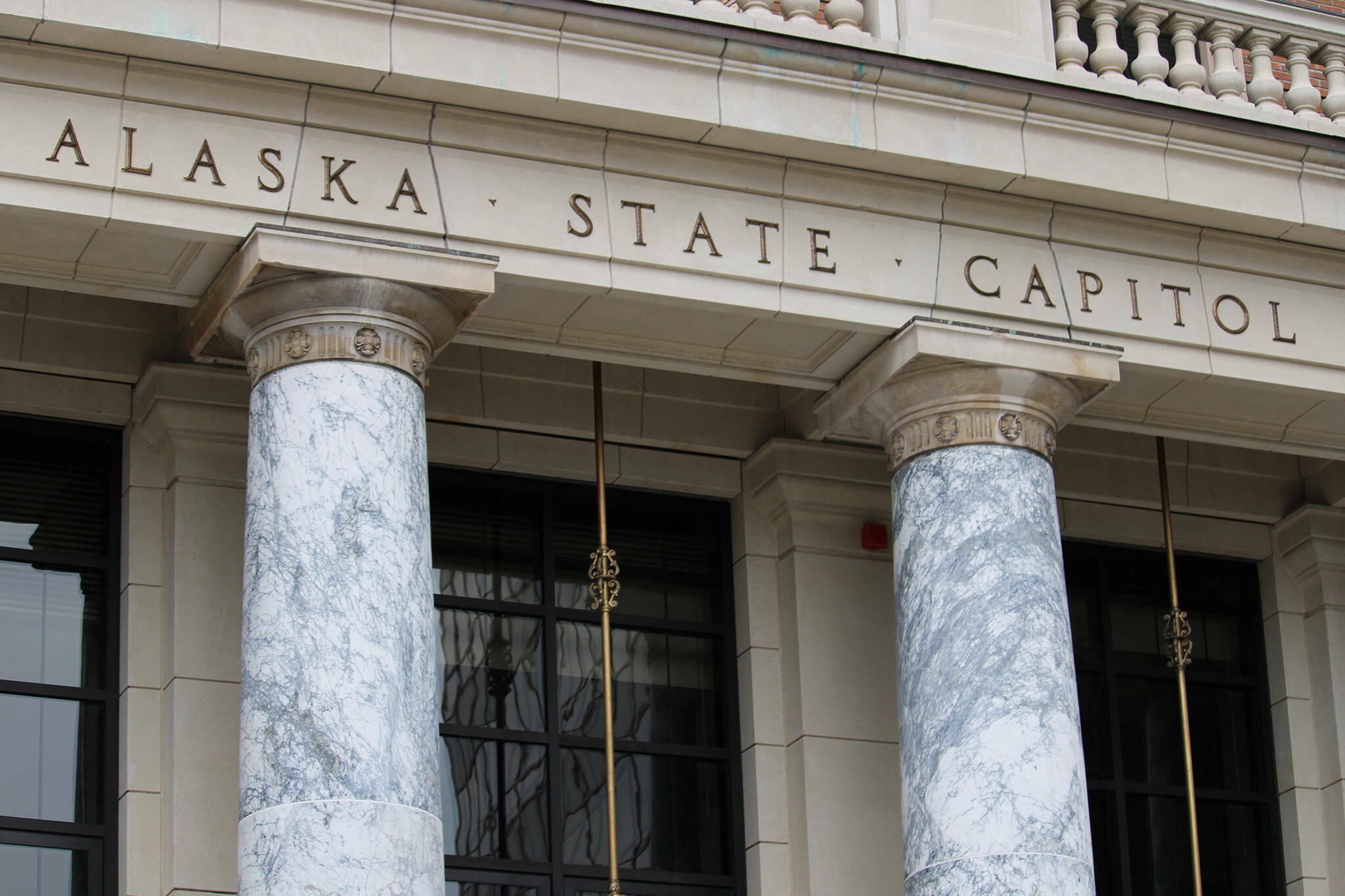Limiting the ability of “foreign adversaries” to buy or rent property, requiring “deepfakes” to be stated as such in election materials, and several proposals related to sexual matters involving children are among a second batch of prefiled bills published Friday as state lawmakers prepare for the start of the legislative session Tuesday.
The 24 bills published Friday join the first round of 48 prefiled bills published Tuesday. No bills by Juneau’s three Democratic legislators are among the second batch.
[First prefiled bills include voter preregistration for 16-year-olds, funds for remedial reading]
As has long been the case, many of the bills mirror legislation from other states, which are often based on “model” bills by organizations such as the National Conference of State Legislatures and American Legislative Exchange Council, whose members include numerous Alaska legislators.
Numerous proposals restricting the property rights of foreigners, for instance, have been circulating in statehouses recently. One such bill signed into law in Montana in May prohibits the sale or renting of agricultural land, critical infrastructure, or property near military facilities by “foreign adversaries.” A virtually identical Alaska bill (House Bill 252) was prefiled Friday by Rep. Tom McKay, an Anchorage Republican.
Numerous states have also passed or are considering bills related to deepfake images in campaigns, a rapidly evolving issue of focus since only California and Texas had such laws at the beginning of 2023, according to the New York Times. Alaska state Sen. Shelley Hughes, a Palmer Republican, prefiled SB 177 that would require “clear disclosure” for political campaign materials with images, video or other content manipulated by artificial intelligence.
Deepfakes consist of media such as photos, videos or audio that through digital manipulation present realistic — but false — representations of people and situations.
Hughes, in a press release, also stated the bill applies to disclosing the use of AI by state government agencies “and regular impact assessments — that include a review and public report of benefits, liabilities, risks, accountability mechanisms in place, decision appeal processes, and effects on the liberty, finances, livelihood and privacy interest of individuals among other items.”
Another prefiled bill by Hughes (SB 173) mandates school districts “grant qualified persons an assigned duty to carry a concealed handgun on school grounds” unless no such person is available.
Another bill that would shake up Alaska’s elections significantly is HB 250 by Rep. Kevin McCabe, a Big Lake Republican, which would change elected municipal and school board positions to four years instead of three. For the first election under such a law, the length of terms for the winners would be determined “by lot” so that subsequent elections would have staggered seats each year.
McCabe’s bill would also make election day an official holiday.
Bills related to child sexual abuse, exposure to pornography and sex trafficking were filed by Rep. Sarah Vance, a Homer Republican. The simplest (HB 265) changes the legal term “child pornography” to “child sexual abuse material,” a change being sought by numerous organizations and lawmaking bodies nationally (many media organizations are also now using the term).
Another bill (HB 254) would require anyone publishing material from a website “that contains a substantial portion of pornography to use a “commercially reasonable” age-verification method that includes a digitized government-issued identification card. The text of the bill contains numerous explicit phrases defining what is considered pornography.
Bills related to sex trafficking would establish a “Council on Human and Sex Trafficking” (HB 259), and require shelters and social agencies to screen minors for indications of victimization (HB 264).
Among a couple of “consumer” prefiled bills are requiring landlords to give at least 90 days’ notice to tenants before raising rents (HB 262 by Rep. Andy Josephson, an Anchorage Democrat), and prohibiting “advertising, displaying, or offering a price for goods or services to a consumer that does not include all mandatory fees or charges, other than taxes imposed by a government entity” (SB 180 by Sen. Scott Kawasaki, a Fairbanks Democrat).
• Contact Mark Sabbatini at mark.sabbatini@juneauempire.com or (907) 957-2306.

